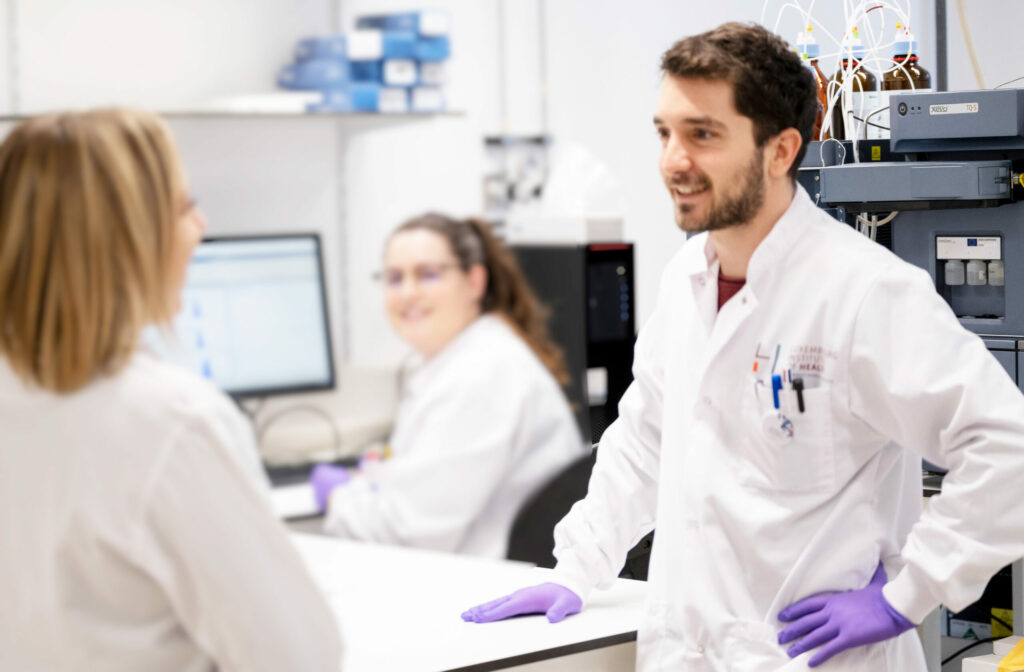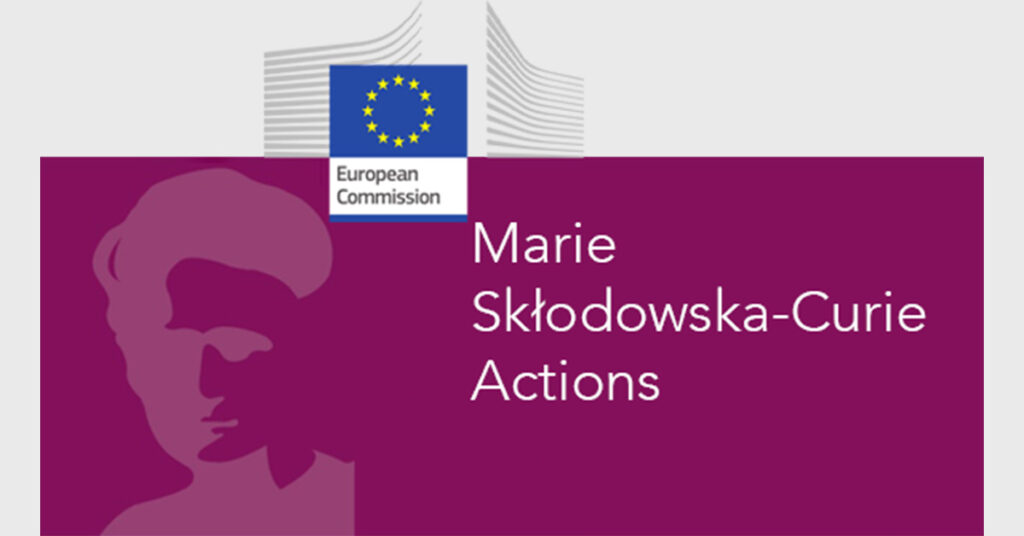
Translational Cancer Immunogenomics
The Translational Cancer Immunogenomics research group investigates how genomic alterations shape anti-tumoral immunity and how this in turn influences responses to therapy against metastatic cancer.
ACTIVITIES
Cancer frequently originates from alterations in the book of instructions of a cell, the genome, resulting in uncontrolled proliferation and aberrant cell behavior. Current therapies are in many cases insufficient to completely eradicate cancer cells, which can spread to other organs through a process called metastasis. Metastatic cancer is usually associated with a poor patient prognosis. Novel strategies exploiting the immune system to treat cancer, called immunotherapies, have shown promising results, but not all patients respond equally, likely due to differences in their immune responses.
The Translational Cancer Immunogenomics research group investigates how genomic alterations shape anti-tumoral immunity and how this in turn influences responses to therapy against metastatic cancer. We currently have several projects exploring this question in metastatic brain tumors, since it is estimated that between 20-40% of all cancer patients will develop metastases to the brain. Our lab employs an interdisciplinary strategy to tackle this complex problem, including the use of preclinical mouse models of cancer, multi-omic analyses of patient samples and computational approaches. We are generally interested in understanding the intricate interactions between cancer cells and immune cells in the tumor microenvironment, so that we can manipulate them to foster anti-tumoral responses.
The long-term goal of our research is to capitalise on this knowledge to develop new personalised immunotherapies guided by the genetic makeup of each patient, hopefully leading to more effective treatments against cancer.

Álvarez-Prado
Partners & Funding








Projects & clinical trials
Featured team members
Scientific publications

Job vacancies
There are no jobs matching this page at the moment. You can view all jobs via the button below.

































